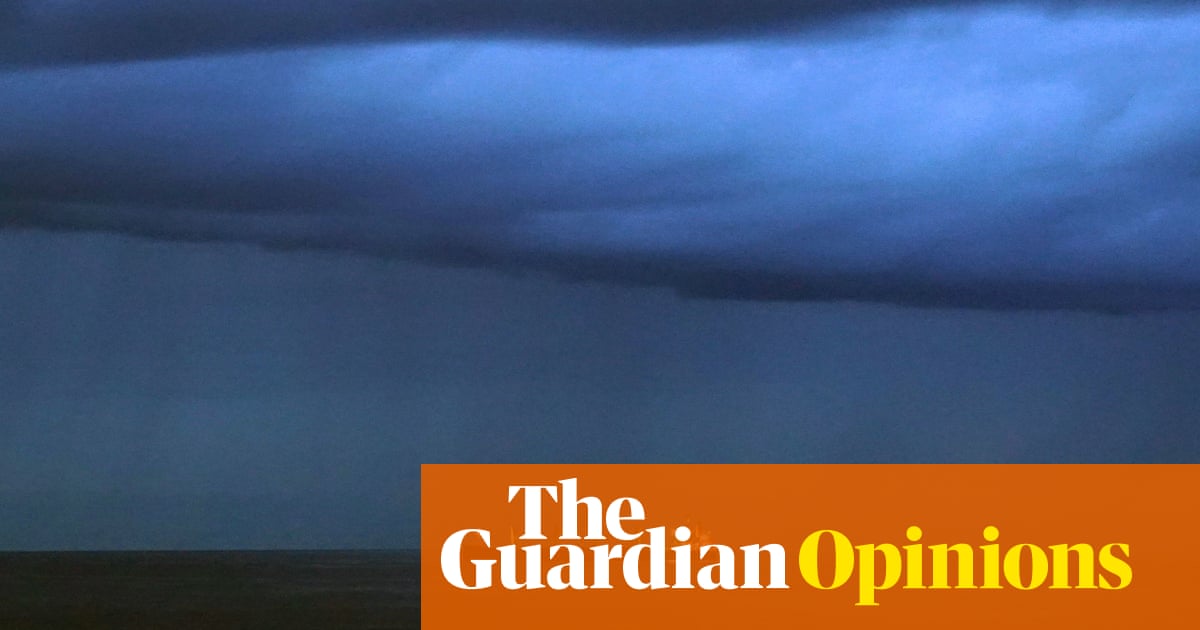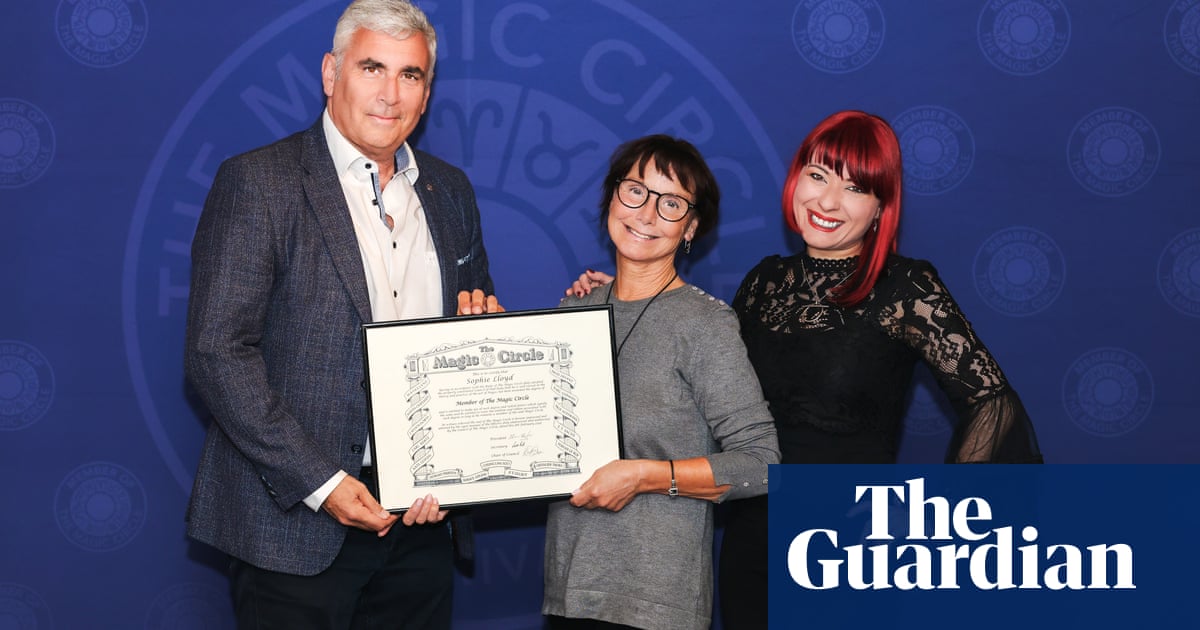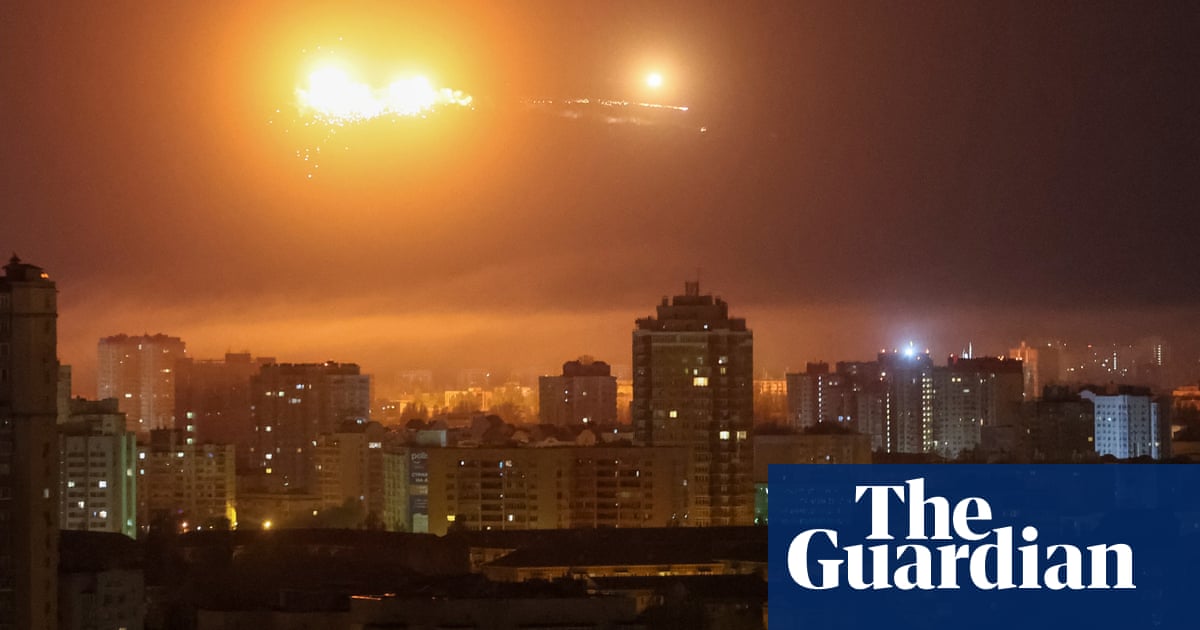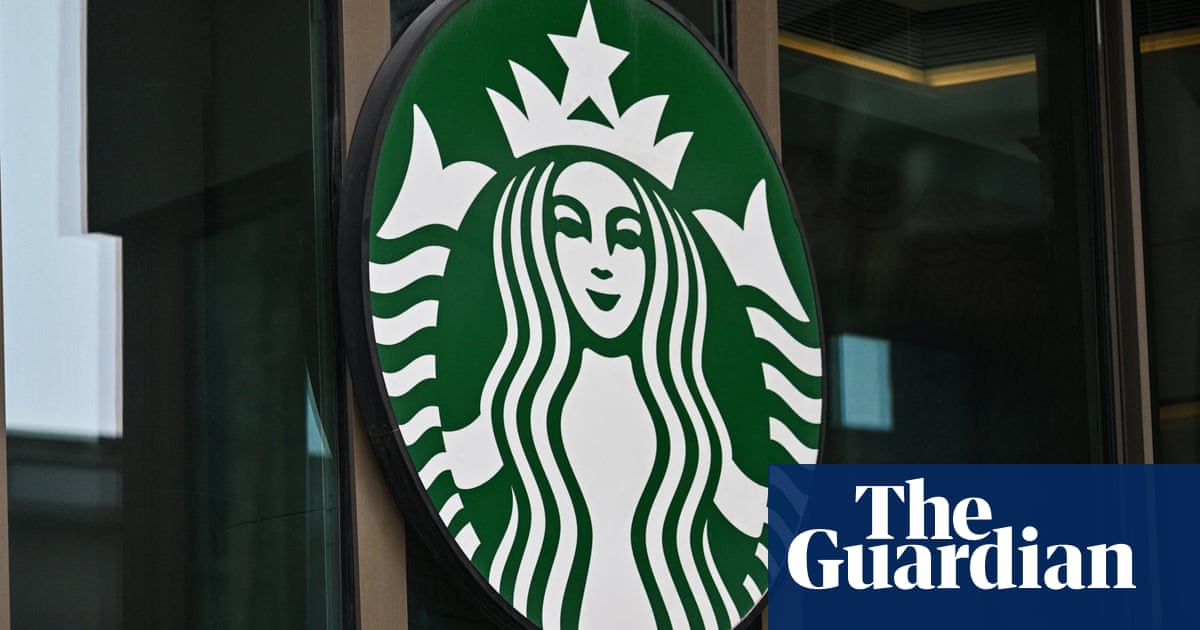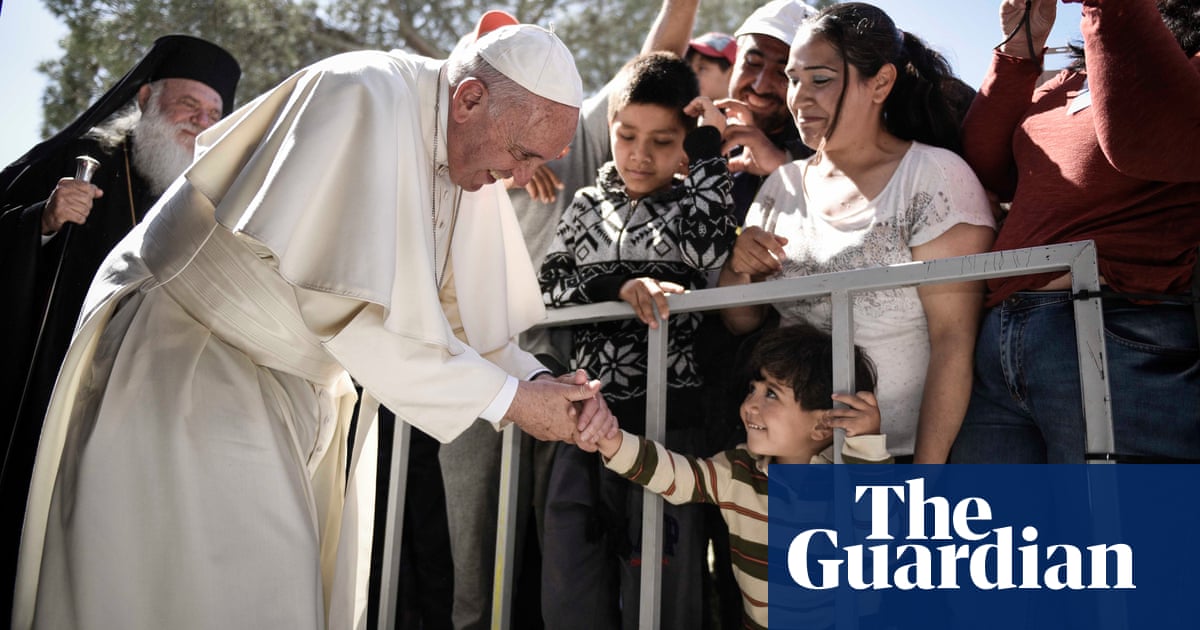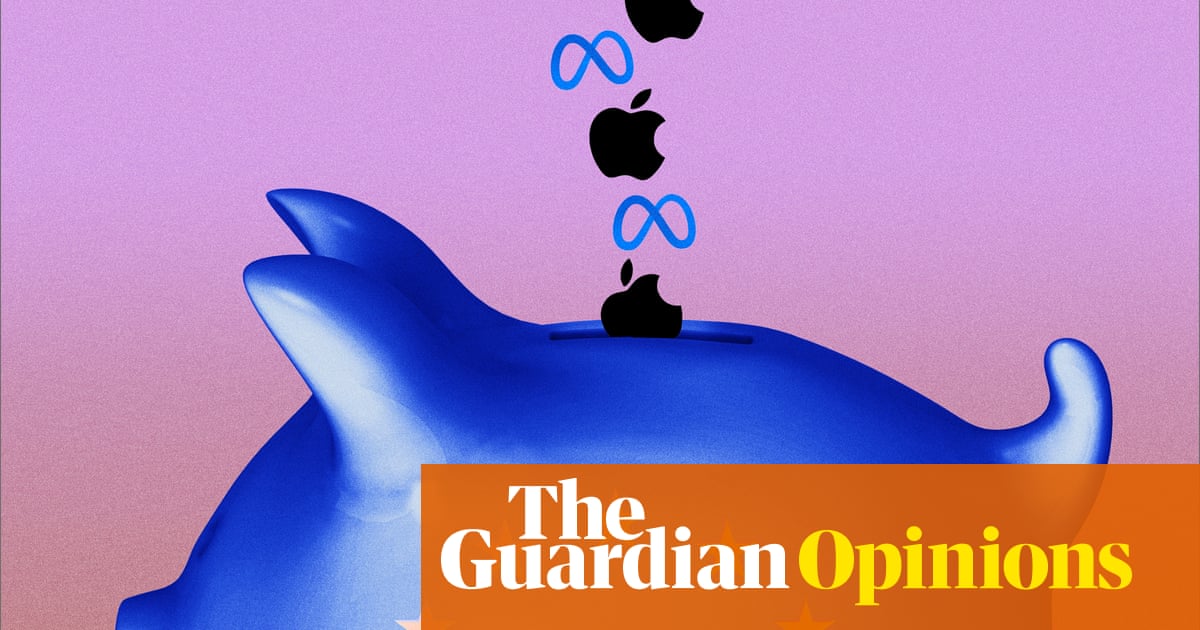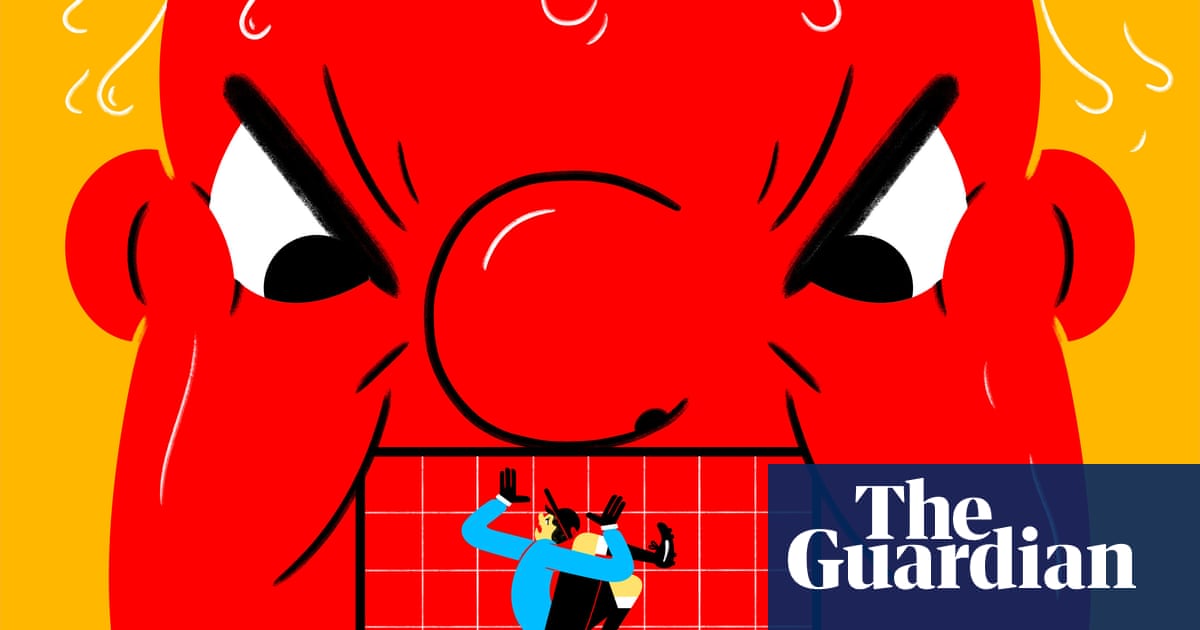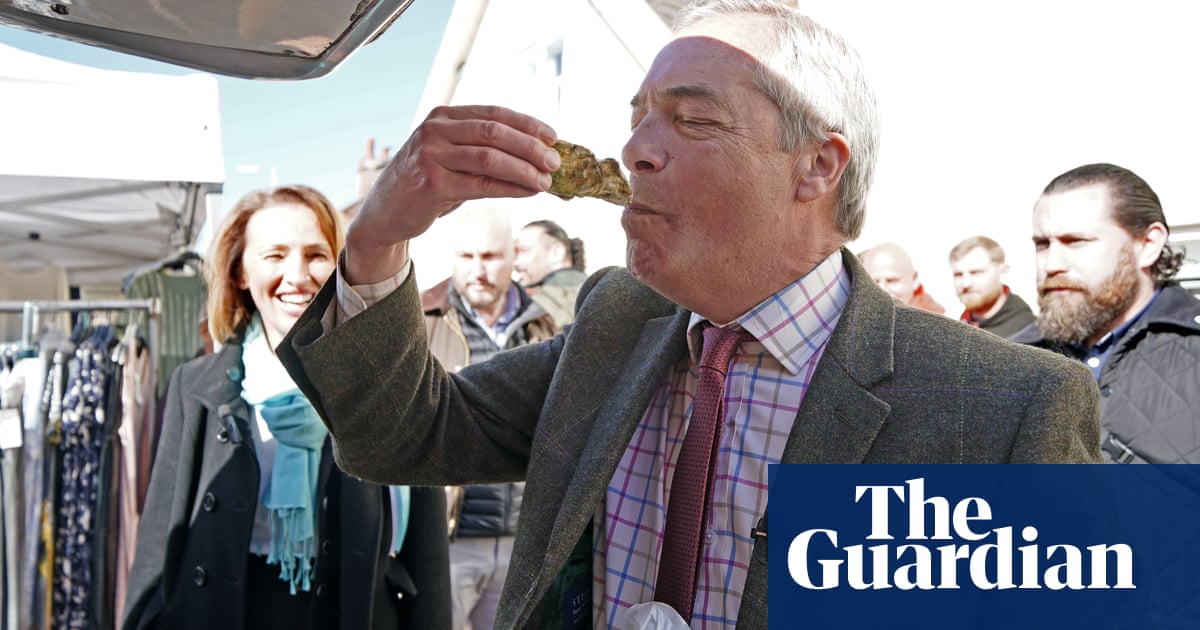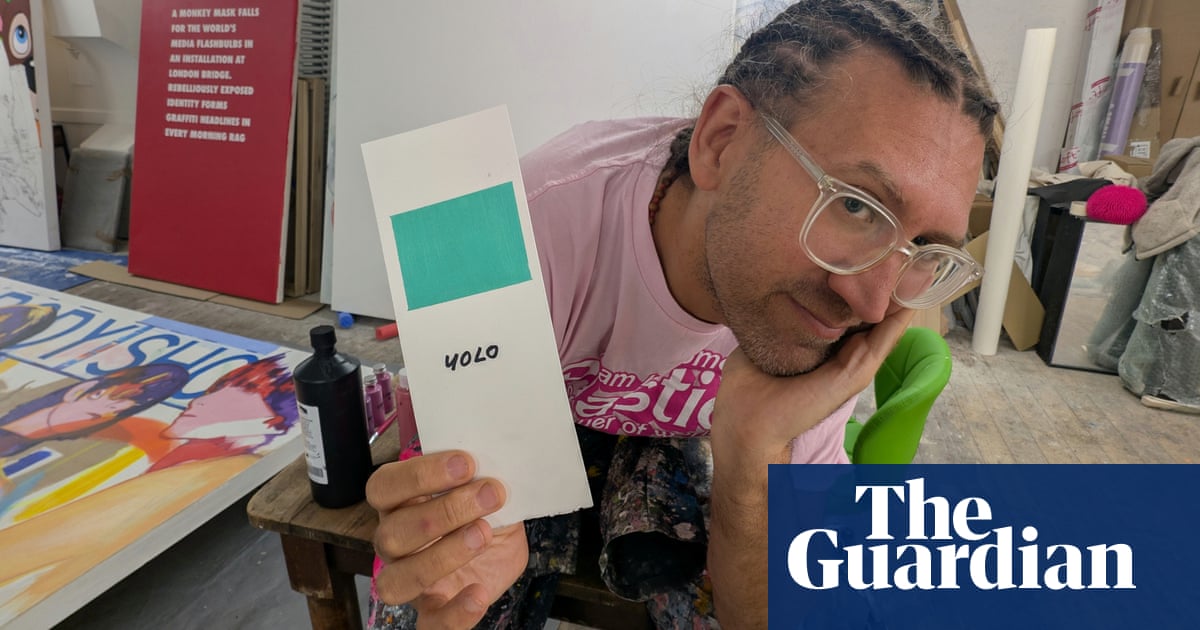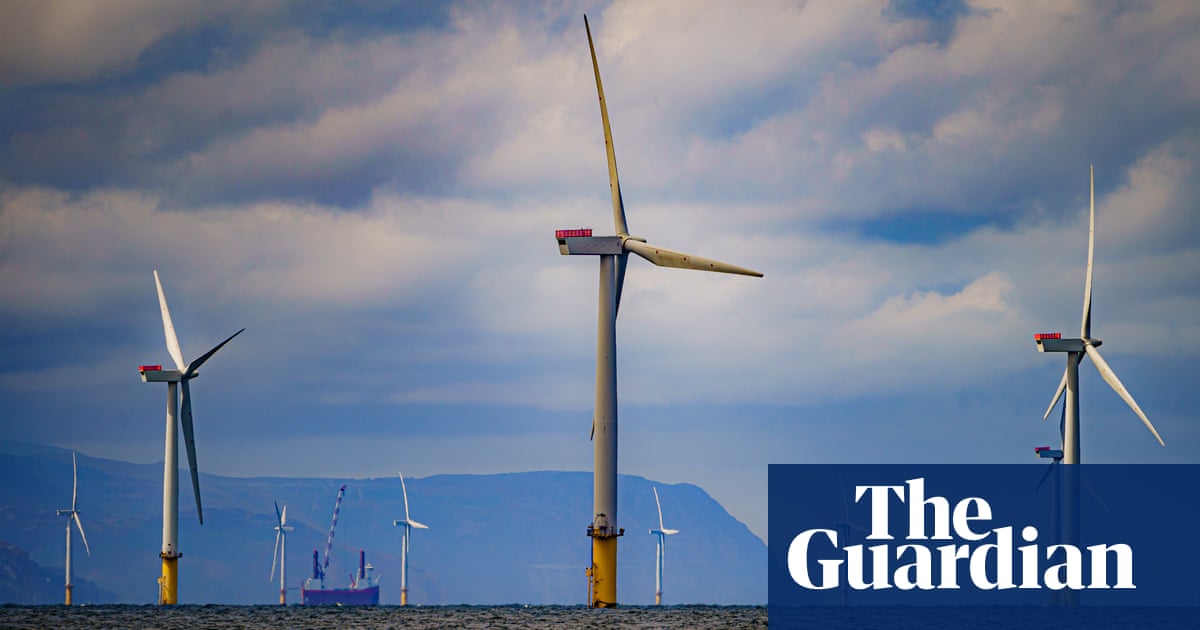David Lammy was never a politician to mince his words. He has previously described Brexit as a “national tragedy”, Donald Trump as a “tyrant in a toupee” and called out Italy’s deputy prime minister for “old-school racism”.
But in more recent times, in particular since he took over as foreign secretary last year, Lammy has faced multiple tests of his diplomatic skills. None more so than having to carefully craft the UK response to the slew of contentious announcements now coming out of the White House.
The new US president has threatened to withdraw military support from Ukraine, announced trade tariffs on America’s neighbours, frozen international development funding and – attracting perhaps the fiercest criticism of all – said large numbers of Palestinians should leave Gaza while the US occupies the strip.

Much of it is a diplomat’s nightmare. Lammy, however, defends what looks like a deliberate effort not to overtly criticise Trump, denying in an interview with the Guardian on his way back from a visit to Ukraine that he is having to hold back from saying what he really thinks.
“Not really. I’m the country’s chief diplomat, and being the country’s chief diplomat is not always about searching for the best tweet or the most effective tweet,” he said.
“It is also the case that – just as I thought it was wrong of Liz Truss to struggle to explain whether she thought Macron was a friend or a foe – in the serious business of foreign policy, one has to accept that there will be differences in the democratic family.
“Those are quite different to authoritarian powers, those who I think are really acting in most mendacious and evil of ways. Having just come back from Ukraine, I’m focused on Putin, I’m focused on Iran, I’m focused on North Korea sending troops.
“I’m less preoccupied, in a macro sense, on the day to day of democratic politics, the differences that happen, and how you express those.”
Lammy repeatedly trod a delicate path. While warning the new US administration against development cuts, which he believes could benefit China, he was careful to add this was a “decision they are entitled to make” and that he was not entirely clear how it would work out.
On Ukraine, no doubt aware of Trump’s tendency to view global affairs through the prism of advantage to the US, he encouraged him to “look keenly” at the economic context, in particular, Putin continuing to get around international rules to fund his wars with oil.
And on the US president’s call to occupy Gaza and “resettle” Palestinians elsewhere – which prompted widespread opposition even from Trump’s own supporters – he refused to comment directly on whether it amounted to an endorsement of ethnic cleansing.
“We all share, and the US president shares, a desire to reconstruct Gaza. You then get to the complexity of how that is done,” he said, setting out the different phases of the ceasefire agreement, and how the third phase – reconstruction – would be dependent on a two-state solution.
“All of us want to see the reconstruction of Gaza. That’s a shared view,” he said. “When you look at the awful scenes of Palestinians who look displaced heading back to their homes, you recognise total devastation.
“When you go and speak to Arab parties about the role that they may play in that reconstruction, they’re very, very clear, we are not going to help rebuild Gaza only to see it destroyed again in 10 years or a generation.
“This has got to be real,” he added. “There has to be a pathway for the Palestinians to two states. I have said in parliament, I’ll say it again, the Palestinian cause is a just cause, and there has to be a pathway to two states.
“These are people who have been displaced over many years, and there is a deep, entrenched history of being pushed out of their homeland. There is aching for that homeland which makes this very complex indeed. That’s what we have to navigate.”
after newsletter promotion
Among other issues Lammy will have to navigate is the prospect of the US imposing tariffs on Britain, which could weaken growth and push up prices. The UK runs a trade deficit with the US, potentially making it less of a target.
However, the foreign secretary signalled that the UK might not retaliate if tariffs were imposed. “It’s a cross-party position that we’re an open, free-market society that doesn’t believe in tariffs, in either direction,” he said.
He defended the government’s handling of the Chagos Islands deal, which has attracted criticism from Trump’s circle and prompted some concerns inside Downing Street, saying it was a “good deal” for global security.
Ministers have been under fire over the agreement to hand control of the islands, including Diego Garcia, which houses a joint US-UK airbase, to Mauritius, although it will remain under UK control for almost a century.
After elections in Mauritius and the US, “it’s right for the United States to look at this deal and decide whether they like it”, Lammy said. He claimed there was “no issue, no controversy” and it was all about securing the base for another 100 years.
The foreign secretary is also involved in a reset of relations with the EU, and has faced pressure from some Labour MPs for an even closer trading relationship than planned to help boost growth. He urged them to judge the government on what it achieves.
“I accept, in a democracy, there’ll be lots of speculation about that negotiation, and there’ll be strong views about that negotiation,” he said.
“I accept that there are some that believe we should be reopening those red lines. That is not our position, because we do not want to plunge the country back into the debate about the merits of the EU.”
Lammy, who first became an MP in 2000 and served as a junior minister under both Tony Blair and Gordon Brown, but sat out the Corbyn years on the backbenches, said he believed that moments came when politicians were at the “peak of your power”.
His principal ambition is to reform the Foreign Office, which he said was “deflated and lacked confidence” when he took over, making it into a global force and the international arm of the government’s missions on growth, migration and climate.
“What I sense as I go around the world is that as well as wanting the UK back at the table, they want more Britain.” In a nod to Trump’s style of diplomacy, Lammy added: “It’s more robust, perhaps, than we’ve been, sometimes more transactional. Judge me on the deals.”

.png) 2 months ago
20
2 months ago
20

